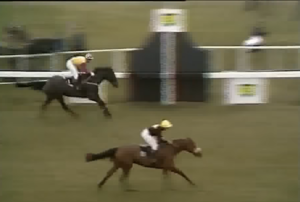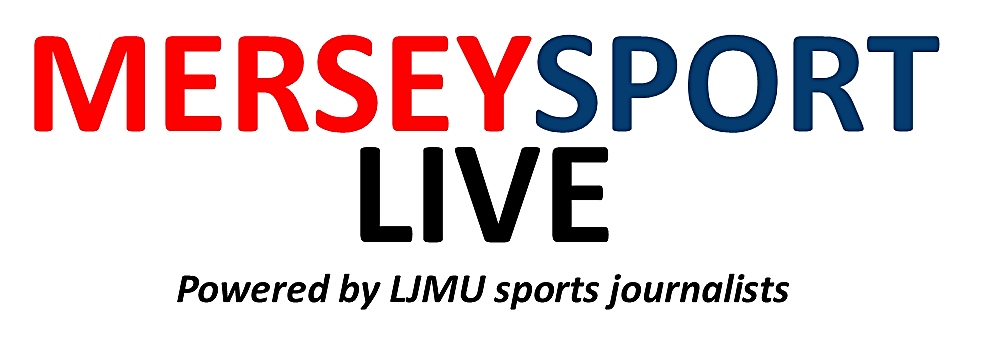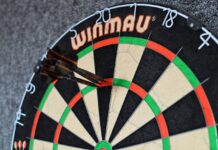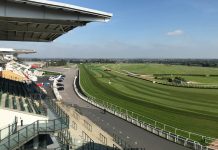With this year’s Grand National a month away, the country will finally have the chance to watch the ultimate test of horse and rider, when it returns to Aintree Racecourse.
We are going to pick five moments that will that will never be forgotten and will forever go down in Grand National history.
1973 Red Rum v Crisp
That fact that Red Rum was even able to ever make it to the racetrack is an amazing story on its own as he suffered with pedal osteitis, a debilitating and incurable bone disease in his hoof.
He would be trained on the beaches of Southport and walk in the sea water to help his injury.
Then in 1973 an era of history ensued, over the next five nationals Red Rum would write his name in to horse racing history. He beat Australian chaser Crisp in one of the greatest Nationals we have ever seen.
Crisp virtually led the whole way around and was 30 lengths clear and 15 lengths clear at the last.
But Red Rum made up the ground and made up the ground two strides from the finishing line to down his Australian rival.

1975 L’Escargot beats Red Rum
L’Escargot is one of two horses to have won the Grand National and the Gold Cup. Two of the most well-regarded races within the sport of kings.
L’Escargot was also the horse to have beat arguably the greatest national horse ever, the mighty Red Rum.
The journey to his iconic national win was a fascinating one which included two Gold Cup wins, but then owner Raymond R Guest wanted to focus his attention towards Aintree and the national.
In his first he unseated his rider at the third fence, but in his next three he finished 3rd to Red Rum in 1973, 2nd to Red Rum again in 1974 and then made history in 1975, beating the legendary Red Rum by 15 lengths on the biggest of stages.
2012 Neptunes Collonges beats Sunnyhillboy
Some might argue that this is one of the greatest nationals to ever be run, due to the manner of excitement in how to ended between two horses and jockeys.
The plucky grey Neptunes Collonges came into the race as a 33/1 shot and hoped to give trainer Paul Nicholls a Grand National win to add to his illustrious training career.
The race unfolded in typical fashion with some horses falling and pulling up.
However, coming into the final two jumps we had a race for the ages on our hands.
It could have been any one of the eight horses who were all in a pack, but on the long Aintree run in Sunnyhillboy was 100 yards from victory.
Neptunes Collonges powered to the line and nothing separated them at finish line.
A photo was called and one and a half minutes later it was announced over the tannoy that number four Neptunes Collonges won by a nose, the shortest possible winning margin in horse racing.
1956 Devon Loch slips up
In this race we saw one of the most bizarre things ever seen in a Grand National.
There was a royal participant for Her Majesty the Queen Mother, whose family has a rich history of horses within the sport.
Devon Loch was the name of the horse who was running in the famous royal silks.
He wasn’t favourite as there were two previous winners in the field, but he certainly wasn’t far of favouritism.
As the race unfolded, Must the favourite and Early mist, a previous winner both fell boosting the chances of the royal runner.
Clearing the last and only having the run in to complete, something ever so bizarre happened.
“Never before in the National had I held back a horse and said ‘Steady, boy.’ Never had I felt such power in reserve, such confidence in my mount, such calm in my mind. I know what it is like to win the National, even though I did not do it.”
Devon Loch then suddenly jumped in the air and collapsed on his stomach 40 yards from the finish line, as E.S.B ran past him to steal the victory.
1967 Foinavons 100-1 win
In 1967 the Grand National saw its biggest priced winner ever, a 100-1 shot. The name of that horse was Foinavon.
The favourite for the National was Honey End at 13/2 as he was feared most.
But the 1967 National was all plain sailing till the second circuit at the 23rd fence when rider less horse Popham Down veered right and slammed into the horse Rutherfords.
A massive pile up ensued with horses falling and refusing to jump the fence, in a moment of madness the race was effectively brought to a halt.
Foinavons jockey John Buckingham was holding the horse up in 22nd place and behind the favourite Honey End.
This gave him more time to guide his mount around the pile up and jump the fence and straight into the lead 6 fences from the finish.
Foinavon was the only horse to successfully jump the fence at the first attempt with other jockeys remounting in order to finish the race.
Foinaven then went on to easily win the race ahead of favourite Honey End.
















